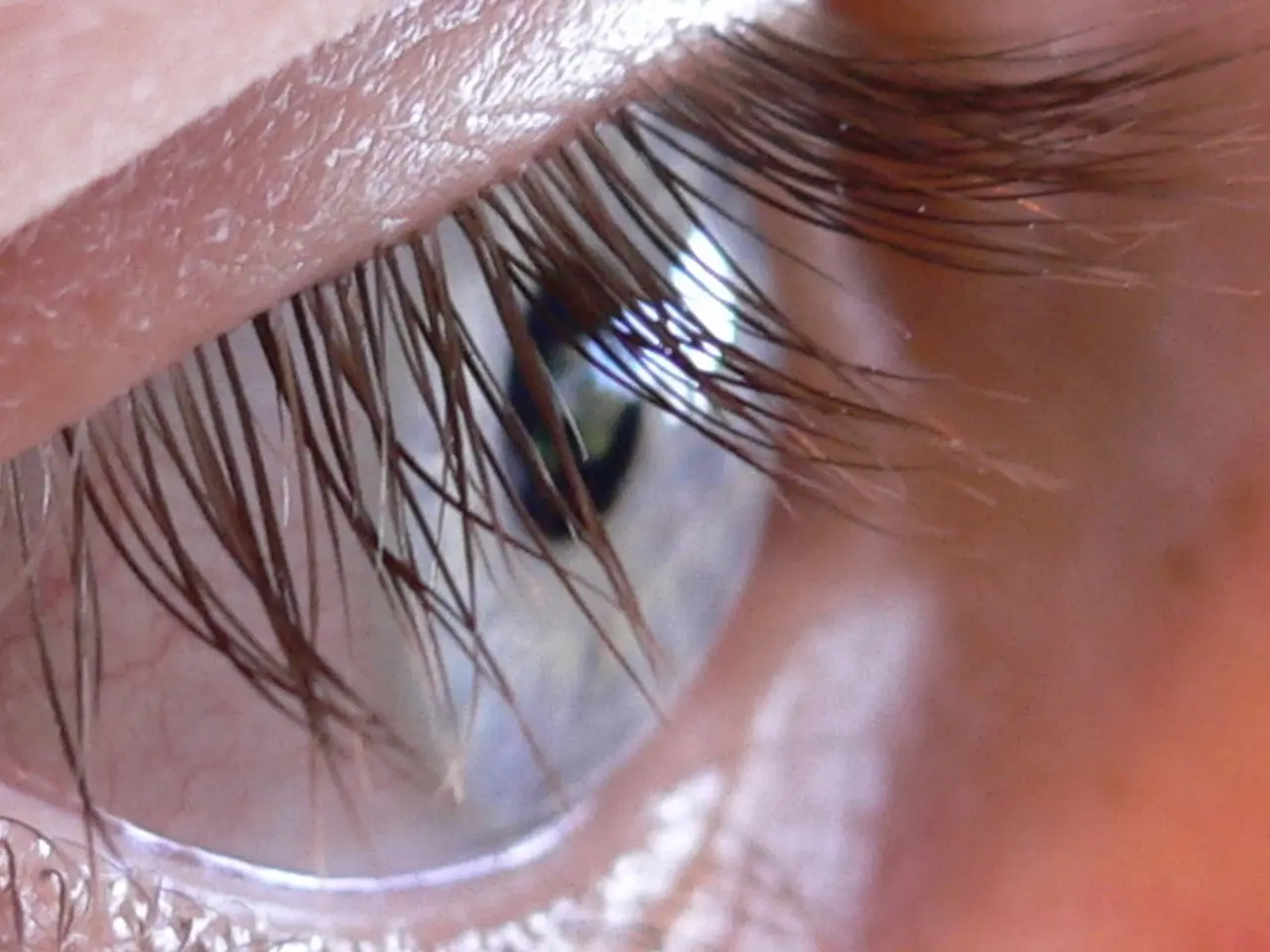Recalling events accurately hinges on visual details captured by the eye
In a groundbreaking discovery, researchers have uncovered a fascinating link between memory precision and pupil dilation, shedding light on a long-standing historical connection between eyes and mental states.
This latest chapter in memory research offers practical insights that could transform our understanding of past events. For instance, be wary of overconfidence in your own memory, as it may not always reflect the truth. Disagreements about past events don't necessarily mean someone is lying, and creating external memory records in important situations can help ensure accuracy.
Moreover, the implications of this research extend far beyond laboratory settings. In courtrooms, educational assessments, psychological evaluations, and everyday disagreements about past events, the ability to objectively measure memory quality could prove invaluable.
Pupil measurement, a non-invasive and relatively inexpensive method, is simpler than brain scanning techniques like MRI or EEG. This makes it an attractive option for memory assessment, particularly in practical applications.
Pupil dilation reflects the precision and clarity of memories. It's closely related to cognitive load and arousal during memory and cognitive processing, which can influence the accuracy and clarity of human memories. Larger pupil dilations generally indicate higher cognitive effort and engagement, reflecting the brain’s processing demands during memory tasks.
Key findings supporting this include:
- Pupil dilation increases with cognitive load during tasks involving memory and executive function, such as in patients with neurodegenerative conditions like ALS, indicating that pupil size reflects cognitive effort related to working memory processes[1].
- Studies show pupil dilation corresponds to intentional forgetting and successful memory discriminations, highlighting its role as a marker of cognitive control over memory encoding and retrieval[2].
- Pupil dilation response is impaired in Alzheimer’s disease and correlates with cognitive decline, suggesting a link between reduced pupil responses and poorer memory-related cognition[3].
- Visuo-spatial memory tasks that require switching between types of spatial reference frames also produce significant pupil dilation differences; greater dilation occurs when switching from allocentric to egocentric frames, indicating increased cognitive load affects spatial memory clarity[4][5].
The Budapest University of Technology and Economics recently discovered that pupil dilation specifically reflects the precision and clarity of memories. Scientists have documented this phenomenon in laboratory settings, capturing the difference between complete strangers, vague acquaintances, and close friends in terms of memory precision.
The eyes may have been providing clues about the accuracy of our memories all along, and we just needed to look more closely at what they were telling us. The pupil dilation response was strongest for the most precise memories, suggesting that our eyes don't just signal "remembered" versus "not remembered" but also reflect the quality and detail level of our recollections.
Researchers tracked the pupil responses of 28 participants while testing their memory of unusual Hungarian words. Further research is needed to refine the technique, combine it with other physiological measures, and potentially detect specific false memories.
It's important to note that pupil dilation in response to accurate memories happens automatically and beyond conscious control, making it a potential revolution in memory assessment. However, self-reported memory confidence has been found to be unreliable, as our confidence in our memories often has little correlation with their actual accuracy.
The applications of this research extend into practical, everyday scenarios where memory accuracy critically matters, such as in legal contexts, education, and healthcare. As we continue to unravel the mysteries of memory, this newfound understanding of pupil dilation could pave the way for more accurate and objective memory assessment.
Technology and science have now collaborated to make significant strides in the field of health-and-wellness, specifically mental health. The latest research on memory precision and pupil dilation has highlighted that pupil dilation could become an essential tool for assessing the quality and accuracy of human memories, revolutionizing fields like law, education, and healthcare.
Moreover, this non-invasive and relatively inexpensive method, pupil measurement, could potentially help detect specific false memories when combined with other physiological measures, greatly benefiting health-and-wellness and mental-health assistance.




